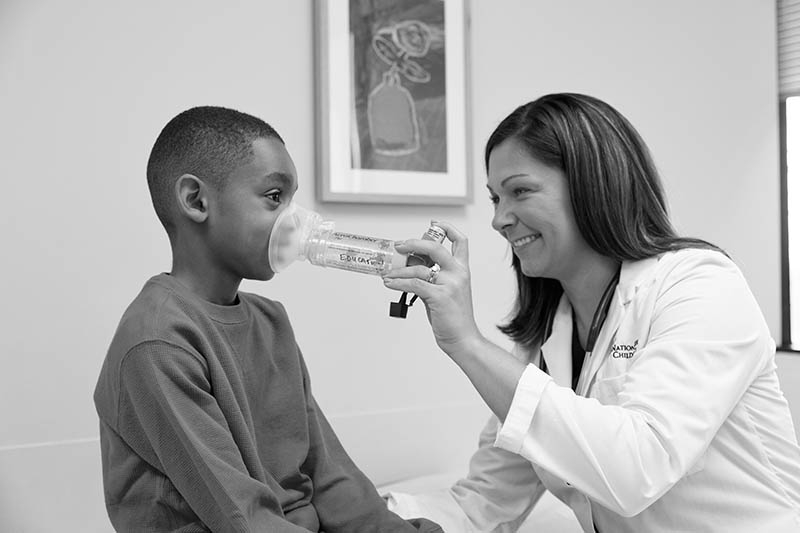Featured Researcher — Katherine Bline, MD
Featured Researcher — Katherine Bline, MD https://pediatricsnationwide.org/wp-content/themes/corpus/images/empty/thumbnail.jpg 150 150 Katie Brind'Amour, PhD, MS, CHES https://pediatricsnationwide.org/wp-content/uploads/2021/03/Katie-B-portrait.gifKatherine Bline, MD, is a critical care medicine physician and principal investigator in the Center for Vaccines and Immunity at Nationwide Children’s Hospital. Experience caring for some of the hospital’s sickest children in the pediatric intensive care unit (PICU) and mentors who pushed her to understand phenomena she observed clinically have helped Dr. Bline find…





